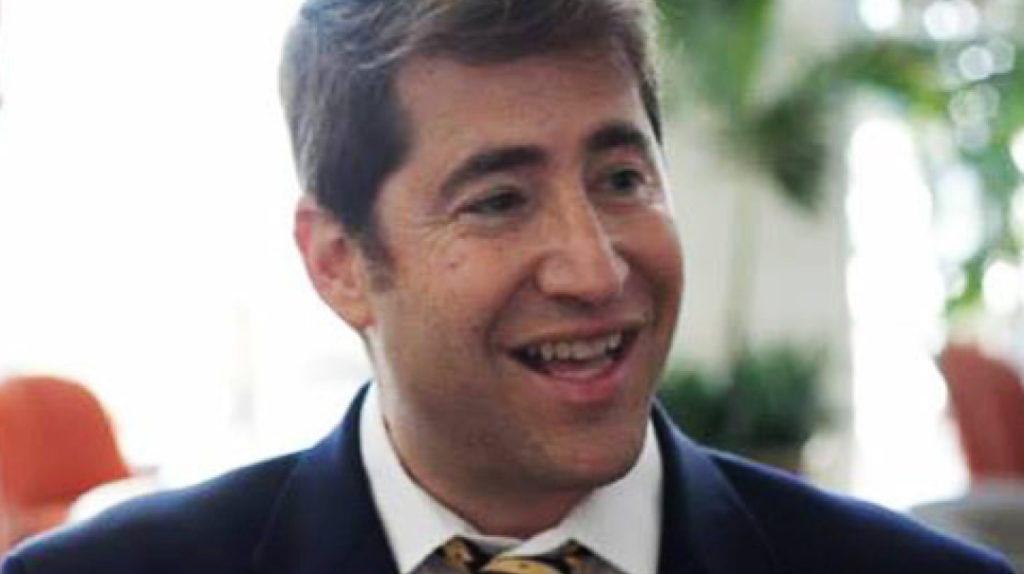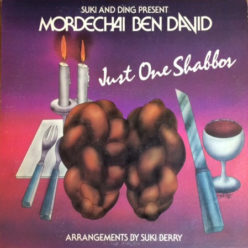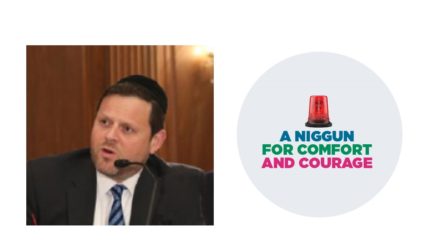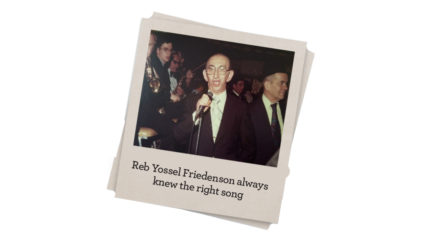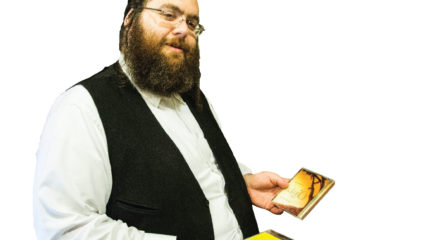Every Jewish soul that would ever be was there, under the mountain, hearing the lightning and seeing the thunder -- but over the centuries, some of those neshamos lost their way. Yet sometimes all it takes is a niggun to light up the path back home. We asked a selection of kiruv mentors: What’s the music that accompanies the message?
R
ABBI BENZION KLATZKO, longtime leader in campus kiruv, education director for Olami Worldwide on North American college campuses, and mega Shabbos host, is best-known as the founder of the social network Shabbat.com.
HOW MUSIC AWAKENS JEWISH HEARTS
Music speaks to the neshamah when words don’t suffice. Back in olden times, a korban could only be brought while the Leviim were singing. On a personal level, we’re a musical family and we’ve been live-streaming Havdalah for many years. For some people, our Jewish family-style music was the beginning of their religious journey. Likewise, on our trips to Eretz Yisrael for new baalei teshuvah, music is embedded as part of the experience.
THE SONGS I FIND MOST MEANINGFUL
One of the most tried and true is “Tov Lehodos.” The tune is perfect kumzitz-style, without too many words. We sing the second part again and again. Another one that always works is “Atah Banim Shiru Lamelech,” and then there’s my own swing-style composition for Mah Nishtanah. I teach that to all the groups, no matter the time of year, and it’s been very well received.
THE RECIPE FOR SHABBOS TABLE MAGIC
I don’t always go through the zemiros book. If the crowd is not frum, they’re not usually up to doing “Baruch Keil Elyon.” We do have some brand-new home-composed tunes for certain Shabbos day selections like “Chai Hashem” and “Yonah Matzah.”
MY FAVORITE SONG STORY
A few weeks ago, a bochur who was struggling with his shemiras Shabbos called me on a Friday. I sent him a song which I’d recorded together with my kids but haven’t yet released, a very hartzige song, with the words from Eichah, “Nachpesah deracheinu,” the high part repeating the phrase “venashuvah ad Hashem.” He told me that he had listened to it ten times, and then I had an idea. I asked him to sing the song himself and send it back to me on a voice note. It came out beautiful, so I decided to make him a present. I asked my own producer to take his voice message, clean it up and add music, and send it back to him as a production. He received it on Motzaei Shabbos. His reaction: “No one has done anything like this for me in ten years.”
A NEVER-FAIL WARM-UP
I start with songs that I know people know, such as “Od Avinu Chai,” or “Heveinu Shalom Aleichem,” so that they feel the experience is not totally foreign but has familiarity. I like to use high-energy Jewish songs, so I might go on to something like “Eliyahu Hanavi Zachur Latov.” Then there’s the option of starting with a familiar niggun, segue into “Am Yisrael Chai,” which they know, and then onto something like “Don’t walk in front of me, I may not follow… Ve’ahavta lerai’acha kamocha…” — the Uncle Moishy classic — to the tune of “Tachas Asher Kinei.” Another great oldie which gets everyone excited is “Baruch Hagever.”
WHAT WE DO ABOUT THE HEBREW WORDS
When teaching a new song, I usually review the Hebrew words, but we often sing it first.
ENGLISH SONGS THAT ARE GOOD CONNECTORS
“Just One Shabbos” is effective. And everyone loves Matisyahu’s “One Day.”
Another beautiful one is Abie Rotenberg’s “Neshomele,” although that’s not for Friday night — that’s for when you have instruments.
OUR FAVORITE SHAVUOS SONGS
Usually anything to do with Torah. We like “Mah Ahavti Sorasecha.” For a frummer crowd, “Ashreichem Talmidei Chachamim” is an amazing, spirited song.
